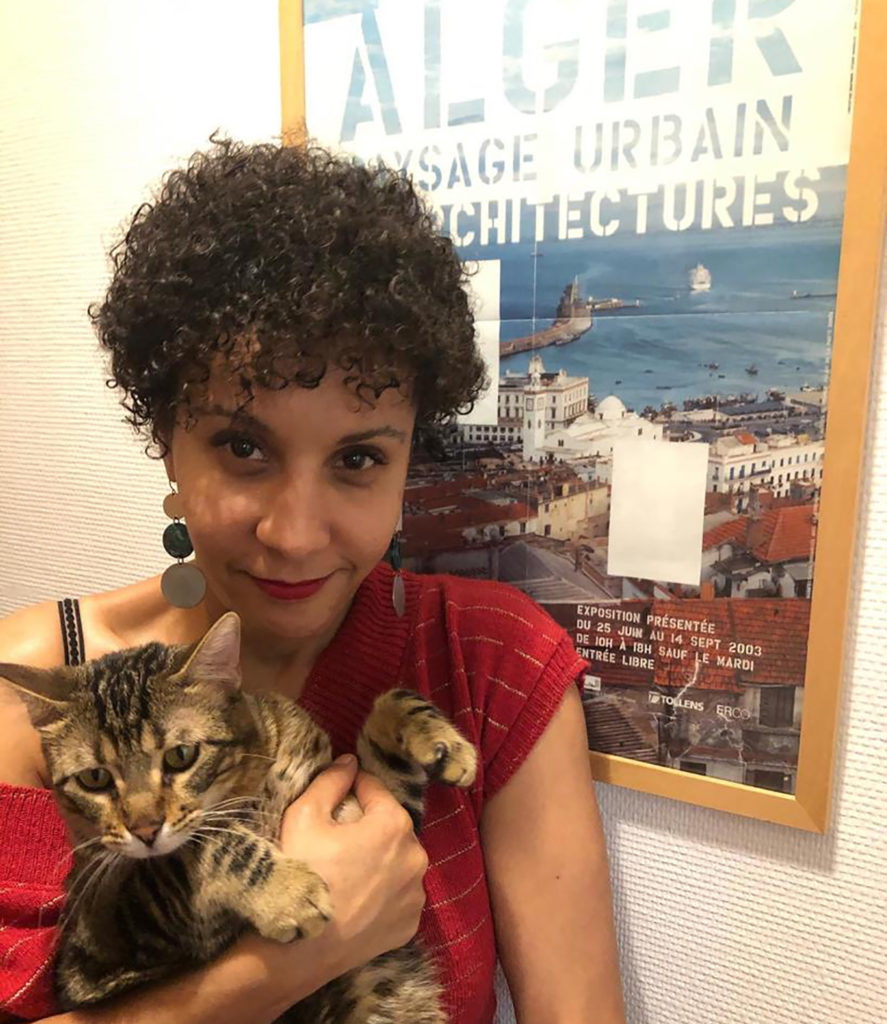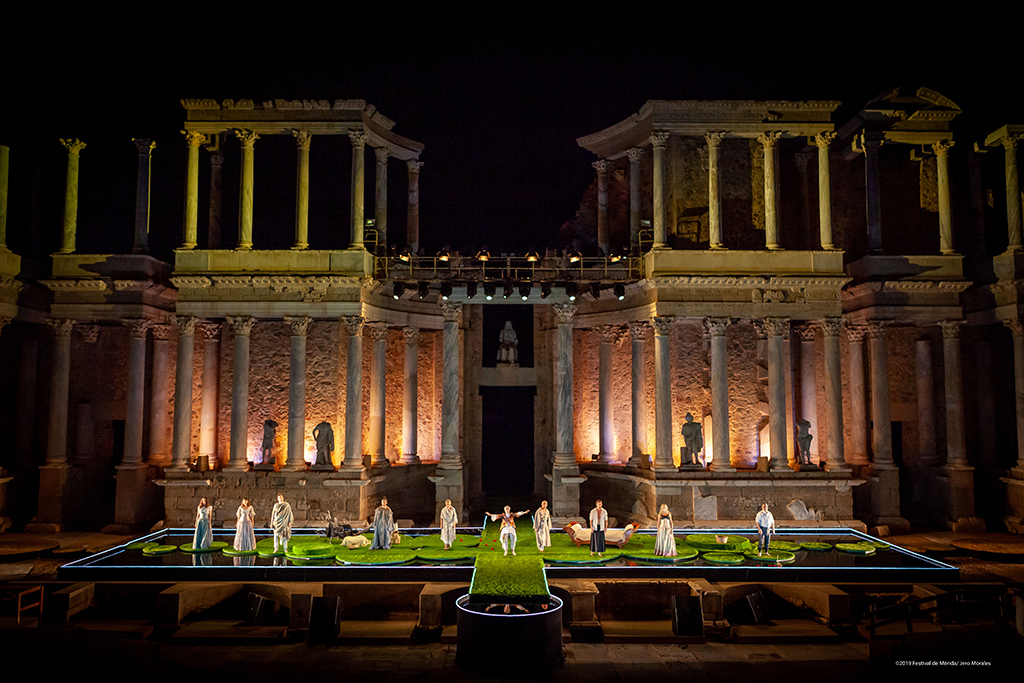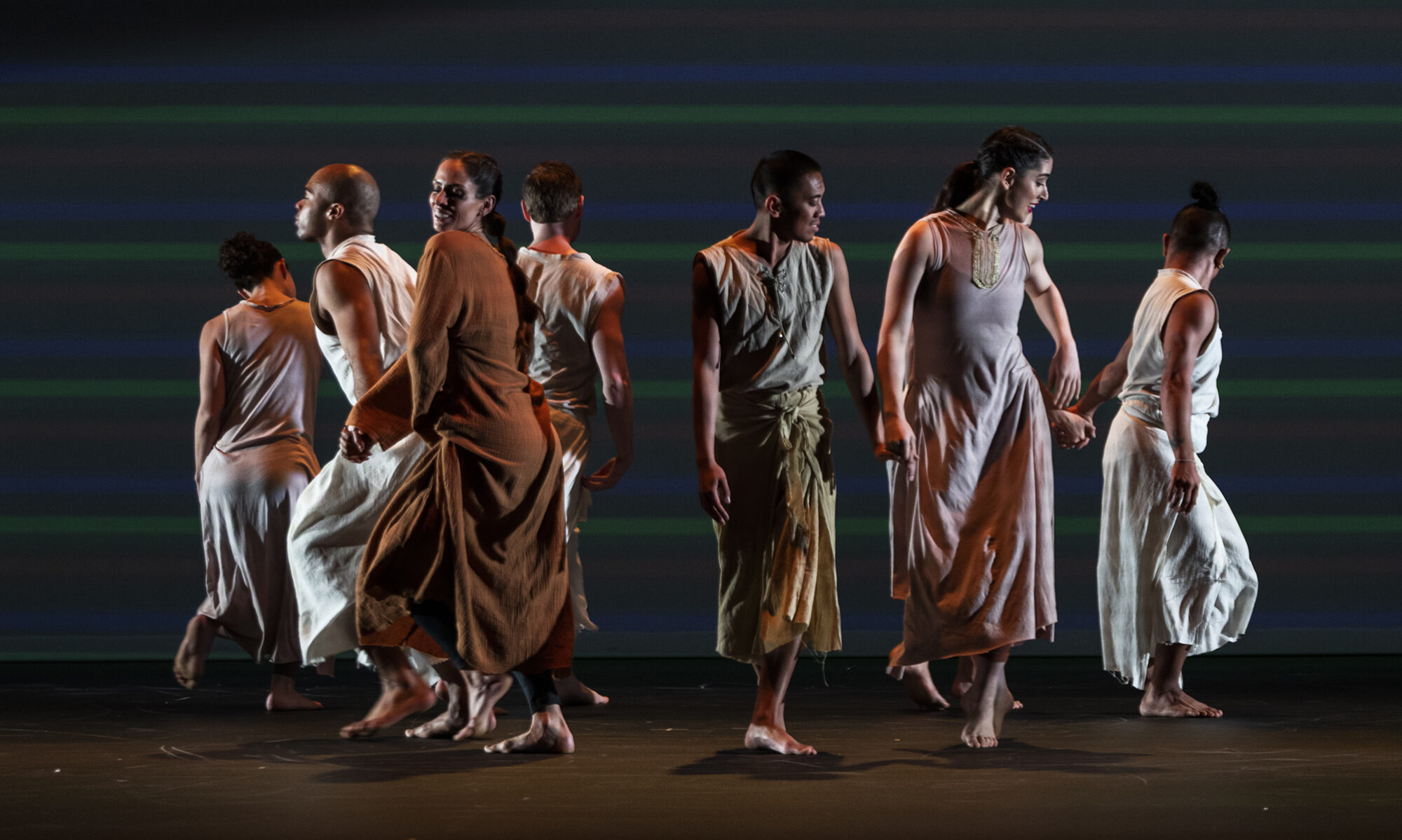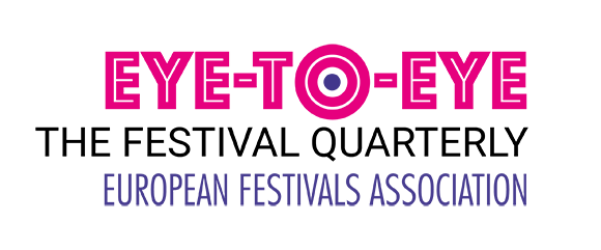The 3 Women from Kabul
From Kabul to Algiers, the fantasy of the West

Sofia Djama began to write short stories. Algiers was to serve as the main protagonist of each plot. Limply One Saturday Morning, an adaptation of one of them, was her first short film awarded a prize at Clermont Ferrand Film Festival. From then on, she devoted herself to writing her first feature film, The Blessed, that won three awards at the Venice Film Festival, with the Best Actress award going to Lyna Khoudri, the Brian Award, given to the film which “best champions human rights, democracy, pluralism and freedom of thought”, and the Lina Mangiacapre Award for a film which “changes the image of women in the cinema”. International sales and French distribution rights have been acquired by Bac Films. Sofia Djama is devoting herself to her second feature film.
Since the fall of Afghanistan and its capital, a picture dating from the 1970s has been trending on social media. The picture shows three young women in miniskirts. They look happy and walk along a street in Kabul. However, at that time Afghanistan was already in the grip of the violent war which caused its new fall today. The same picture was taken in Algiers at the same time. Three women in miniskirts look just as happy at the Martyr Square, near the Djamaa El Djedid mosque, in the heart of the lower Casbah. The same picture exists for Iran, Iraq, Egypt…
These pictures are often shared as the undeniable visual arguments that demonstrate the degradation of women’s rights in these regions, which are victims of Islamic fundamentalists. A way of saying: “Look how much better it was before! Women were more free! Here’s the picture to prove it”. The nostalgia for a time and a country that they fantasise about is as naive as it is dangerous.
Do they even realise that these words undermine our feminist struggles and indirectly support the dictatorships, the totalitarians and the corrupt who preceded these theocracies, which are as corrupt as they are violent? Yes, these women did exist, but their territories were strictly urban and restricted. They often belonged to an intellectual, economic, administrative and sometimes political elite. Elsewhere, archaisms, precariousness, ignorance, injustice and repression were rampant. The Islamists, like all carriers of fascist and populist thoughts, did not have to do much to convince these damaged populations to join their party. They also supported this cliché of women presented as immodest, embodying the decay and moral degradation responsible for the misery suffered by the majority of society. “A dishonest and decadent elite governs a pious and conservative majority.” That was their observation.
Women have not lost their rights, they never really gained them. They never stopped fighting either. One of the people who published this photo was Marion Cotillard. An actress should have a sense of the power of a cliché, of the impact that an image can have on a population. The intention, in theory, of those who share this photo is to express their opposition to France’s policy towards Afghan refugees, but should we represent the importance of a fight against injustice through emotional blackmail? It is sad to have to seek support for the cause of Afghan refugees by wearing a miniskirt. Is it a way of saying that women will be more affected by the Taliban than men? As if finally, in Europe, people had to be convinced of the pain of a whole country by portraying the unique pain of women? A way of reducing feminist struggles to the only drama that affects them directly?
These themes are indeed filmed crudely by many filmmakers, sometimes with more or less sincerity. Thus, we lose the right to say that the horror does not spare women more than men, children, the elderly, transgender people, homosexuals, in short, any person who would refuse to live a dictatorship or a theocracy. The situation of women depends on the security situation of a country, yet it is easy to understand that if a population is threatened, the rights of women are also threatened. Unless our countries are under house arrest on the dialectic they have to use to convince Europe of the urgency of our struggles to be more sellable or to reach the average European better?
Have we lost the right to subtlety, the right to translate the complexity of the struggles we are fighting for in our regions? Should we systematically defend our cause through misery or, on the contrary, through an image that would testify to the fact that we used to live “in the West”, a quality of life that we would have lost because of the Islamists, and thus clear the name of their predecessors, the “enlightened” dictators, who, by the way, have never done much for the cause of women? Should we reduce our struggles and our claims to a whitewashed narrative? Are we supposed to pretend that the fate of a woman who wore a miniskirt is more important than the fate of a woman who did not wear one? This statement is insulting and humiliating, both for us and for the European who hears it. We all have the right to more intellectual demands.
I am an Algerian director, therefore a woman coming from the “Muslim” world. Therefore, I am under house arrest. I must tell the story of the drama of my female compatriots who are victims of misogyny and violence from my male compatriots. I must tell the story of the trauma of the war against the Islamists, I must tell the story of our struggle against our regime in the simplest way possible, so as not to confuse the audience, to sell the film in theatres. Of course, this is not an official rule, it is insidious, worse, it is an unconscious reflection, that’s how much it is anchored in our thinking mechanisms.
One day, a well-known French journalist, president of a commission within the CNC, declared, after reading it, that she would not a script written and thought up by an Algerian screenwriter living in Algiers. It was her right and even her function to select scripts. The problem is that she said she would not support it because, in addition to its crudeness, it did not represent the Algeria she knew. In this case, this scenario was a political satire where the absurd was mixed with black humour. This journalist thus participated in the delimitation of the territory of the imagination of a foreign author. This is how artists are put under house arrest. This is how we are led to deal with this or that subject to nourish the miserabilist imagery that will fuel cinema, photography, literature and art in general. But we too have demands. We too claim our right to the world to tell our local destiny. We also have filmmakers as important as Pialat, Blier, Clément Cogitore, Céline Sciamma. We also have a Depardon, a Henri Cartier Bresson or a Martin Parr… Do you know Farouk Beloufa, Tariq Teguia? Have you heard of the first female producer of the Arab world Amira Aziz, a brilliant photographer Nacer Medjkane, Anouar Benmalek, Chawki Amari, Assia Djebbar, Mounir Fatmi, Massinissa Selmani, Yasmine Khlat…?
We also know how to tell our story. Do not reduce our struggles to emotional blackmail. It is not because our countries are collapsing and that we are asking for your help that we owe you a simplistic story, devoid of any complexity, the same complexity that made us the intellectuals and creators that we are. In fact, we are your equals. Our voices must resonate with the same power in your place as in ours, because yes, it is banal to say it, but Art is a universal language, and we claim the right to a free and unlimited imagination. Our intellectual dignity and our fights are not in the length of the skirt which we wore or in what we will wear or not.
We made the choice of the freedom, as a result we refuse as strongly to be the hostage of our damaged countries as of the naive fantasies of the countries which accommodate us to end up stuck in an old badly interpreted cliché.
Festival Life creates shared moments of audiences and artists, eye-to-eye


